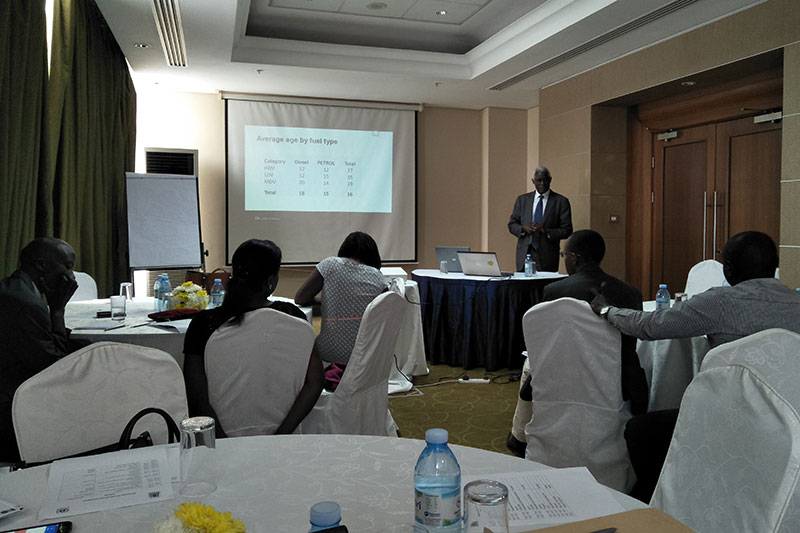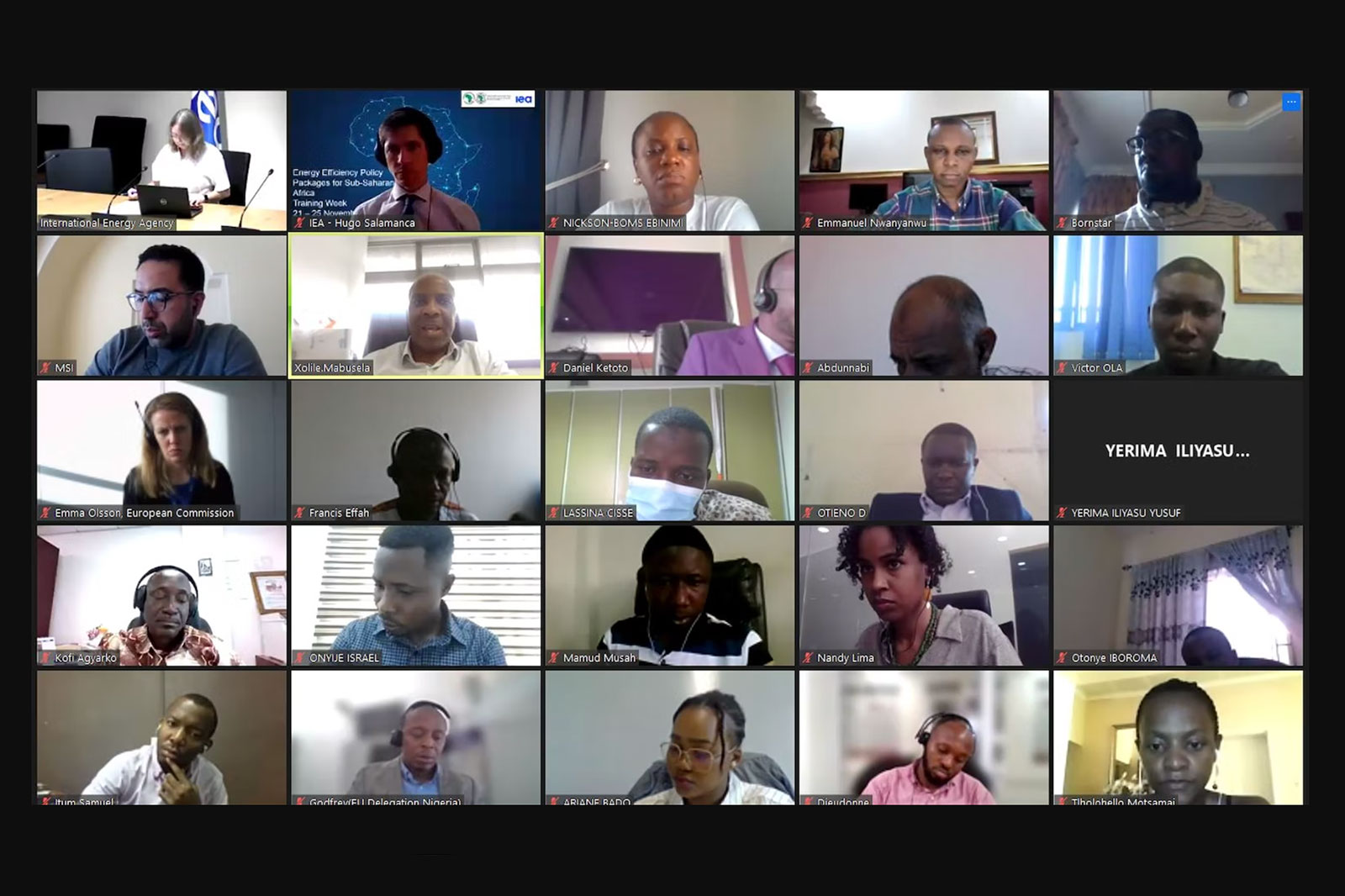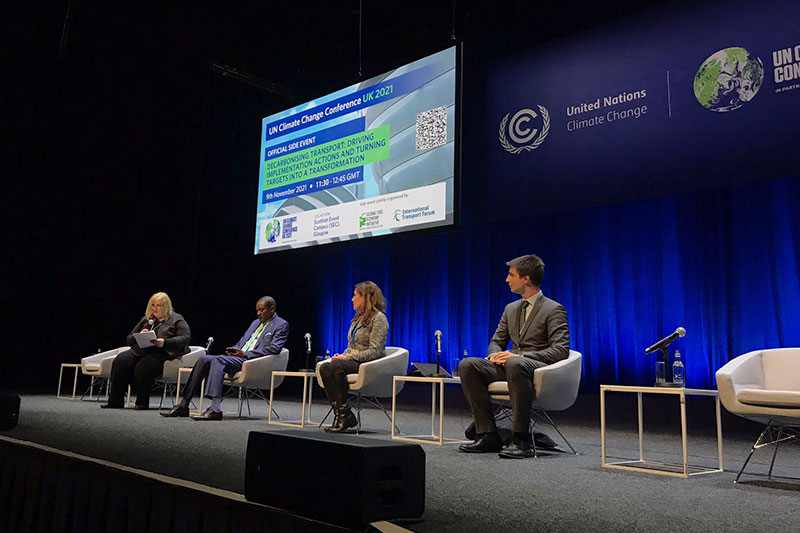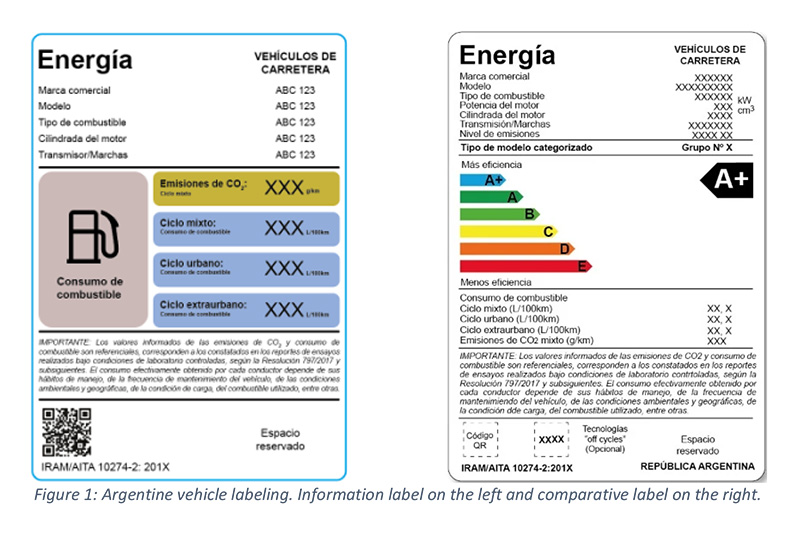Uganda Launches Fuel Economy Feebate Study
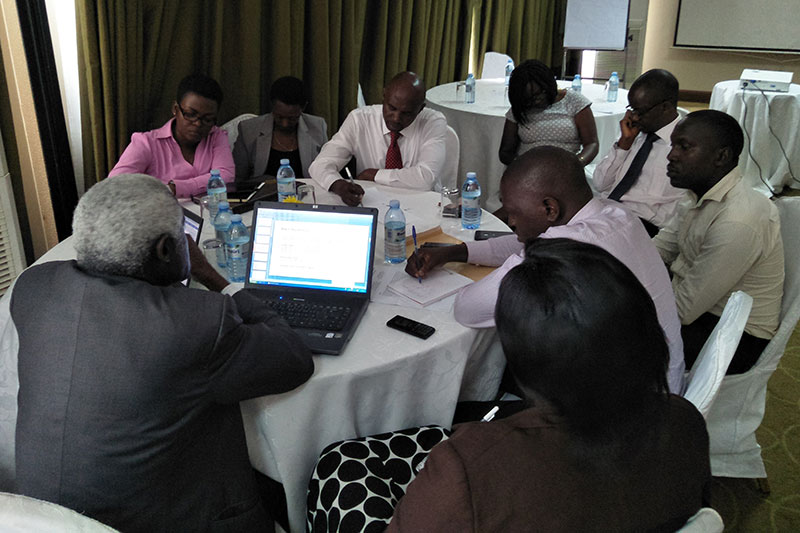
The Uganda Global Fuel Economy Initiative (GFEI) national working group met on 17th August 2017 in Kampala, Uganda. The aim was to launch a new feebate study and to review vehicle fuel economy labelling options for the development of fuel economy policies for Uganda.
The meeting was chaired by the Uganda GFEI Project Manager, Dr Gerald Banaga-Baingi of the Ministry of Energy and Mineral Development. It was attended by representatives from the Ministry of Energy and Mineral Development, Ministry of Finance, Planning and Economic Development, Ministry of Works & Transport, Uganda Revenue Authority, Uganda National Bureau of Standards, Kampala Capital City Authority, Makerere University, University of Nairobi as well as UN Environment.
In his opening remarks, Dr Banaga-Baingi underscored the importance of the GFEI intervention in Uganda as it would yield concrete impacts in both climate change mitigation and energy efficiency. He further highlighted that in the past, the focus was always on looking at generating more energy; however, today there is a realization that efficiency is a low hanging fruit for meeting energy needs with efficiency efforts in Uganda projected to meet more than 30% of the anticipated demand by 2030.
Professor John Mutonye of Makerere University presented a summary of the proposed feebate study, the design of vehicle label as well as an overview of a data capture tool. The tool will be designed to assist the Ministry of Energy and Mineral Development to capture all the data needed from various government agencies to calculate and track national average fuel economy going forward.
Currently, different data is collected by different agencies according to their respective mandates. As a result, data needed to track fleet fuel economy is scattered. The data capture tool will help centralize as well as clean the scattered data provided by the various agencies. The Kenyan experience of designing a feebate system was also presented which provided guidance on key issues to consider in the Uganda feebate study.
In his closing remarks, the Permanent Secretary in the Ministry of Energy and Mineral Development, Dr. Stephen Isabalija, he expressed his gratitude to the working group for engaging in robust discourse on the fuel economy for Uganda and urged the group to see to the quick completion of the relevant studies so that the results can quickly be enshrined in policy.
